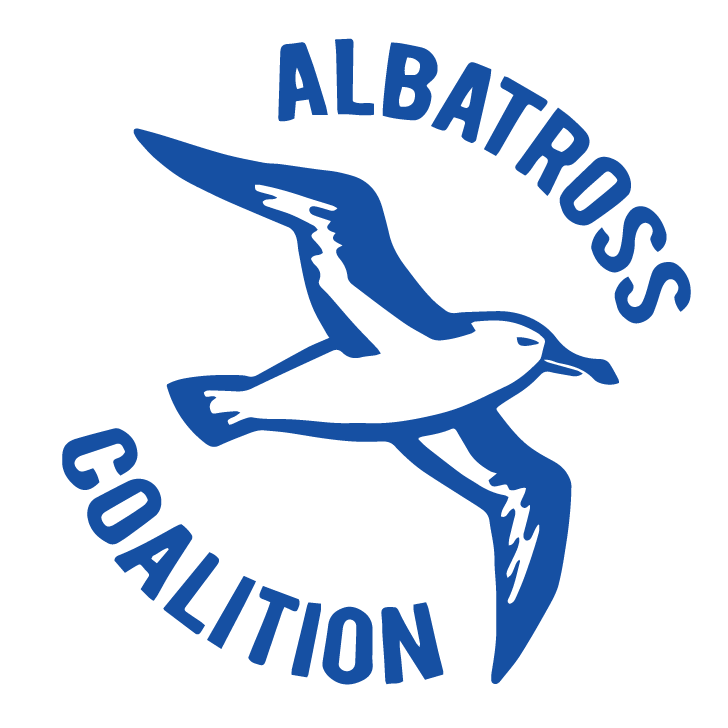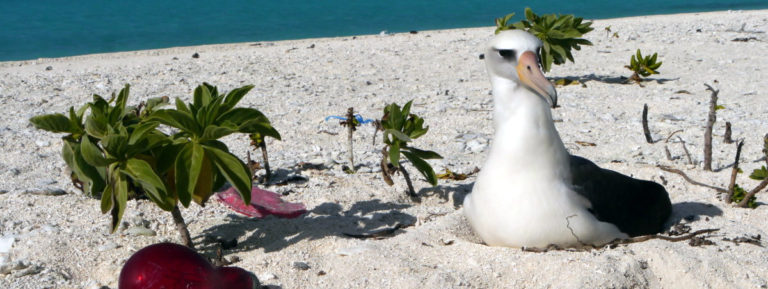AB 619 Success!
PRESS RELEASE For Immediate Release July 15, 2019 Jen Kwart, jennifer.kwart@asm.ca.gov, 415.557.3013 Bill to Help Reduce Landfill Waste at Festivals Signed by Governor Law will allow reusable containers and food ware to be used at temporary events, concerts, fairs, and restaurants Sacramento, CA—A bill authored by Assemblymember David Chiu (D-San Francisco) to allow the use of reusable…

